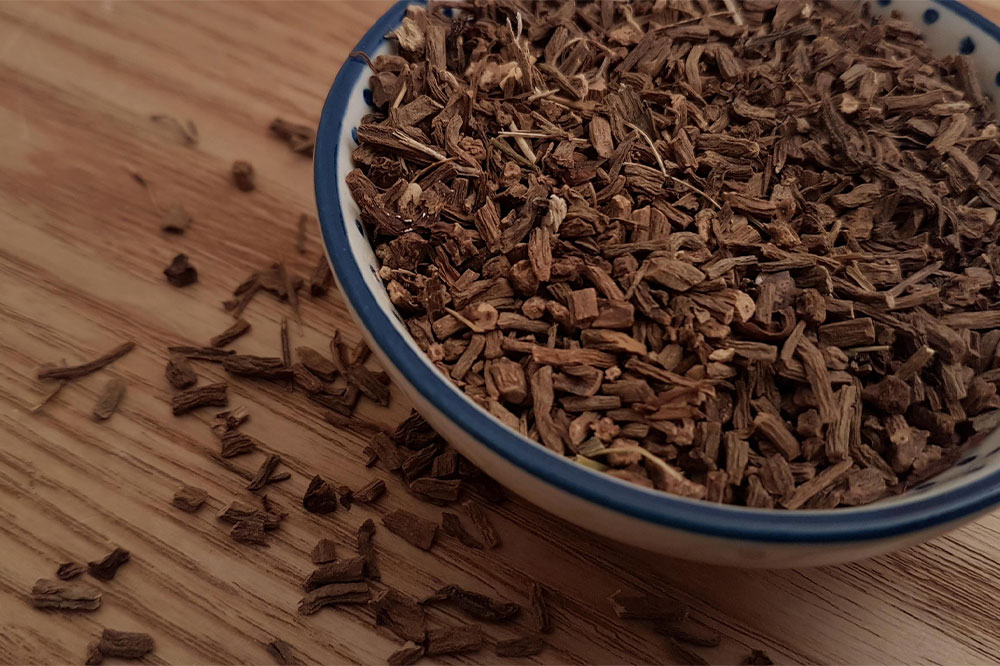
Top 6 remedies to get good sleep
Sleeping disorders can be extremely difficult and overwhelming to manage. And while there are some treatment plans recommended by doctors, there are also some home or natural remedies that are considered safe. However, these methods should only be used after a consultation with your health professional, as they could interfere with other ongoing treatments. Here are some of these remedies which help improve sleep quality and manage the symptoms of sleep disorders.
Valerian root
A native to the Asian and European regions, valerian root, is a herbal plant that has been used in several techniques. It is especially used to treat anxiety, depression, and symptoms of menopause. Studies suggest that women experiencing menopausal and post-menopausal symptoms have shown results of better sleep and improved symptoms of any other sleep-related disorders after consuming valerian. However, some researchers argue that these results were more subjective than objective. The participants described their quality of sleep while there was no data to show any brain activity or heart rate to distinguish this.
Lavender oil
This essential oil is usually used to reduce pain, improve mood, and promote sleep. According to a study, those who took lavender oil supplements along with some other prescribed products for depression, experienced an improved sleeping pattern. It was also noted that they experienced lower levels of anxiety, which, in turn, helped with the quality of sleep. Lavender can be taken as supplements, or the essential oil can be sprayed onto the pillow. There are also lavender tea leaves available which can be brewed for beverages. If you are a tea lover, this may be a great substitute for any other kind of caffeine drink that hinders good sleep.
Passionflower
There is a species of passionflower that is particularly linked with improved sleep quality in individuals. The plant is native to North America, Asia, Africa, Europe, and Australia. A group was given passionflower tea and a placebo tea made from parsley leaves. For three weeks, participants drank the passionflower tea one hour before going to bed for one week straight. The second next week was a break period. The week after, they resumed by giving the subjects parsley tea one hour before bedtime. There were objective measurements attached to this study to understand sleep cycle, and it suggested that there was no improved quality of sleep.
However, when asked, the participants claimed that their sleep cycle was better in the first week of the study than in the third week. Another study done with those suffering from insomnia concluded that taking passionflower extract leaf improveed total sleep time, sleep efficiency, and wake time after sleep onset.
Mindful meditation
This is a practice that involves consistent, steady, and slow breathing while sitting quietly in one place. The idea of mindful meditation is to observe your breathing, thoughts, sensations, and feelings in the body as you steadily sit through a particular time. Research suggests that meditation has helped improve concentration, reduced stress levels, and boosted immunity in individuals. Studies have suggested that after months of mindful meditation, participants reported improved sleep quality and struggled less with insomnia. There are no side effects to this practice, so it is something that can easily be tried. Just adding a 15 min or 30 mins of meditation to your daily routine may help you de-stress from several triggers throughout the day.
Yoga
Practiced in India for centuries, yoga has reached far ends of the world for its healing properties. This exercise technique improves physical functionality, alleviates stress, and boosts mental focus and health. There are several types of yoga, but restorative and yin yoga might be a good place to start. It is not just about holding difficult poses during the practice but also breathwork that helps balance the mind and body. Aim to do at least 30 minutes of yoga each day by yourself, but having a guide or teacher may be helpful in specific poses. It may also be helpful to join a local yoga group and do sessions together to see how it helps you.
Massage
There is no doubt that massages are relaxing for most people. They are usually taken to relieve pain and stiff muscles. Additionally, it is a relaxing activity. According to studies, massages help reduce pain, anxiety, and depression. Look for a professional masseuse who can help you through this activity, but if you have a willing partner, you may ask them to give you a relaxing massage. You can even use lavender oil to help you de-stress.




